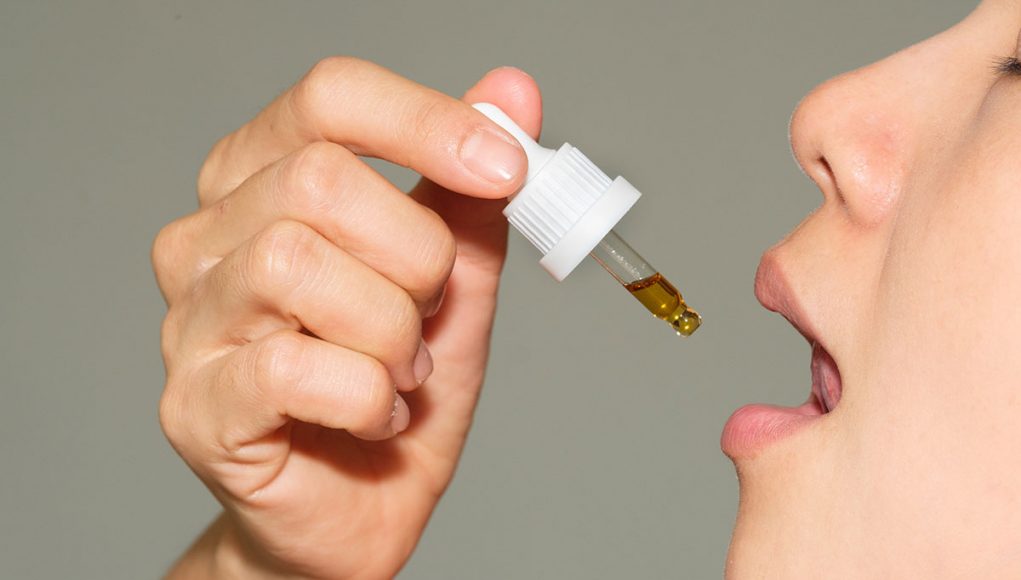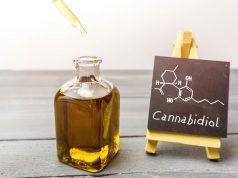CBD oil has only been on the market for a few years, but no other health and wellness product has created as much confusion as CBD and CBD oil. If you’re browsing for CBD products, you might see terms like organic, pure, hemp oil, full-spectrum, lab-tested, and so much more. It’s easy to get overwhelmed by all the different qualifiers, which one is better than the other? Is there actually a difference?
Of all the different terms of CBD oil, one of the most common is pure. That’s pretty vague to your average CBD consumer. What do manufacturers mean by pure, and what does it mean for you? Let’s explore different CBD labels and how to verify for high-quality CBD oil.
The Difference Behind Pure CBD Oil
Most often, pure CBD oil refers to CBD that has been extracted from the hemp plant, then isolated from the hemp oil. Once the CBD is isolated, it can be added to other products like CBD oils, drinks, and consumables in varying amounts. Pure CBD can contain 0.3% or less THC.
- Broad Spectrum CBD Oil: Broad-spectrum oil refers to CBD oil that was sourced from the entire hemp plant, but the THC has been removed. Unlike pure CBD oil, broad-spectrum contains compounds that might be beneficial like terpenes.
- Full Spectrum CBD Oil: Full spectrum CBD oil refers to oil that has been sourced from the entire hemp plant and all its compounds, including other cannabinoids, terpenes, and more.
- Other Pure Definitions: Because CBD oil is loosely regulated, shady manufacturers may use the term pure for other definitions or for no reason at all. Pure could mean that the manufacture used organic hemp, pure could mean the oil lacks different additives, or it could mean nothing.
Research into CBD oil is early, but full and broad-spectrum CBD oil might be more beneficial than pure CBD oil thanks to the entourage effect. The entourage effect is the belief that the different compounds in the hemp plant work better together than they do on their own. The whole is greater than the sum of its parts. Pure CBD oil lacks dozens of other cannabinoids, terpenes, and other compounds that could make CBD oil more effective.
Verifying CBD Oil
How do you know your CBD oil is pure and not just labeled pure? You can use the Certificate of Analysis (COA.) Relaxed regulation might mean shady labeling, but you can use a COA to verify exactly what’s in your CBD oil.
The COA is a third-party lab verification that tells you exactly what’s in the CBD oil. You can verify oil’s purity, its THC content, and how it was manufactured all the with COA. The COA is the best way you can separate good products from bad in the current marketplace.
A Little Research for the Best CBD Oil
Pure CBD oil is CBD that’s been isolated from hemp oil but doesn’t contain all the plant’s natural compounds like terpenes, and other cannabinoids like full and broad-spectrum oils do. No matter what type of oil you’re shopping for, always use the COA to verify what you’re buying.


![Does CBD Oil Show Up on Drug Tests? [IMPORTANT] Does CBD Oil Show up In Drug Test?](https://goodhotshot.com/wp-content/uploads/2019/12/cbd-oil-drug-test-238x178.jpg)
![Can I Take CBD Oil on a Plane? [ Everything you need to know ]](https://goodhotshot.com/wp-content/uploads/2019/12/tsa-and-cbd-oil-238x178.jpg)

![What is Pure CBD Oil? [and why it matters] What is Pure CBD Oil?](https://goodhotshot.com/wp-content/uploads/2019/12/pure-cbd-oil-300x194.jpg)

![Does CBD Oil Show Up on Drug Tests? [IMPORTANT] Does CBD Oil Show up In Drug Test?](https://goodhotshot.com/wp-content/uploads/2019/12/cbd-oil-drug-test-100x75.jpg)
![Can I Take CBD Oil on a Plane? [ Everything you need to know ]](https://goodhotshot.com/wp-content/uploads/2019/12/tsa-and-cbd-oil-100x75.jpg)
